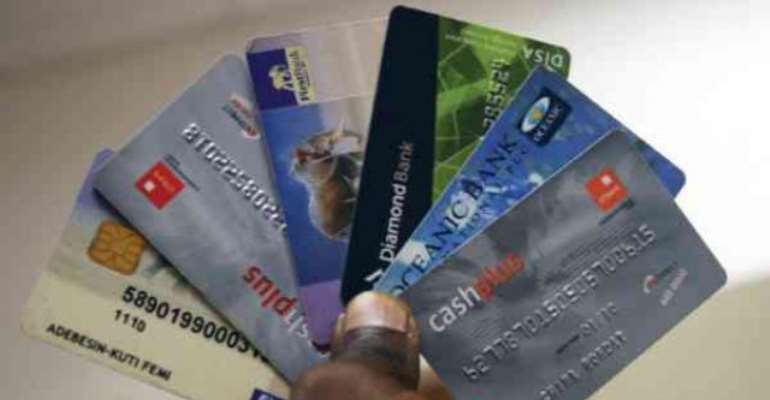FINANCE MINISTER SAYS CASHLESS SYSTEM TRANSFORMING ECONOMY

Finance Minister says cashless system transforming economy
BY GOWON EMAKPE
March 12, 2010 01:14AM
Reliable and efficient payment systems have been identified as aiding regional integration, especially with regard to establishing a common platform for regional trade. Mansur Muhtar, the Minister of Finance, speaking at the regional policy workshop on Payment Systems and Cash Couriers in West Africa, in Abuja on Wednesday, said non-cash payment systems can transform a financial landscape.
Intra-regional trade
Specifically, the minister said that it is pertinent for West African countries to create a conducive environment for the promotion of intra-regional trade, to accelerate the journey towards regional integration.
'Indeed, the efforts towards regional integration, especially with regard to establishing a common platform for regional trade, can only yield the desired results if there are reliable and efficient payment systems in place'.
He argued that recent developments in Nigeria provide good examples of how non-cash payment systems can transform a financial landscape. 'The phenomenal growth experienced by financial institutions in the acquisition and use of cards and card payments by their customers, is a testimony of availability, reliability and acceptability of modern systems and processes, not only in the financial sector, but also as experienced in the telecom sector.'
Furthermore, he said that the new tax systems introduced by Nigeria's Federal Inland Revenue Service (FIRS), is also a model for efficient tax collection through modern electronic payment systems.
Financial reforms
Mr. Muhtar, however, expressed regrets that while individual countries in the region are making progress in reforming their financial systems, this is not the case at the intra-regional level.
He noted that despite the fact that indigenous banks are spearheading financial system reforms, we are yet to make a significant breakthrough in the acceptability, efficiency and reliability of non-cash payment systems in the region.
'The ubiquitous impact cash-trust people have in cash transactions has become the norm rather than the exception in modern day commerce. This situation should not be allowed to continue after over 30 years of ECOWAS existence,' he said.
The minister added, 'The recent financial and economic crisis has many lessons not only for us in this region, but the world over. One of the lessons is that the global economy is far more integrated than we have ever imagined. What happens in the United States has the capacity to affect our region through a spiral effect of liquidity freeze.'
He called on financial institutions operating in the region to demonstrate total commitment to its development by creating efficient, reliable, dependable payment systems, saying that money laundering, which is an international crime, has become more compounded by globalisation and greed and further fuelled by desperation and marginalisation of the poor in the country.
Nigeria, he said, is fully committed to addressing the problem of money laundering and terrorist financing by cash dominated economies, by deepening the reforms in the financial sector and the enforcement of relevant laws to limit cash transactions.
Mr. Muktar said the bill seeking the amendment of the Money Laundering Prohibition Bill presented to the National Assembly by Acting President, Goodluck Jonathan, will bring the country's anti-money laundering legislation to full conformity with international standards.
Global economies
Also speaking, Abdullahi Shehu, the Director-General of the Action Group against Money Laundering in West Africa (GIABA), pointed out that economies of many countries of the world have moved away from the dominance of cash as a medium of exchange to non-cash payment systems.
He said cash transactions present a unique challenge in the identification, tracing and recovery of laundered proceeds of crime, particularly in the absence of legal frameworks limiting cash transactions, or lack of faithful enforcement of available laws.
The workshop, he noted, will among other things, provide a forum for concerned parties to deliberate on the implications of cash transactions and cash couriering in West Africa and to also consider ways of addressing the problems, especially of how existing and emerging new payment systems can be tailored to meet the needs of the region.
The workshop was organised by the Inter-Governmental Action Group against money laundering in West Africa (GIABA), in collaboration with the Economic Commission of West African States (ECOWAS).
